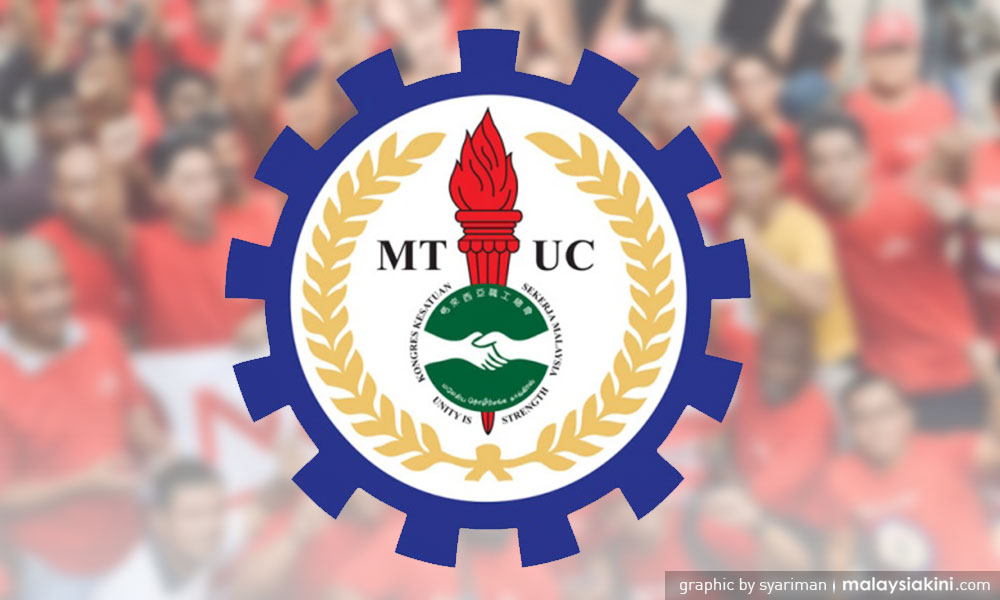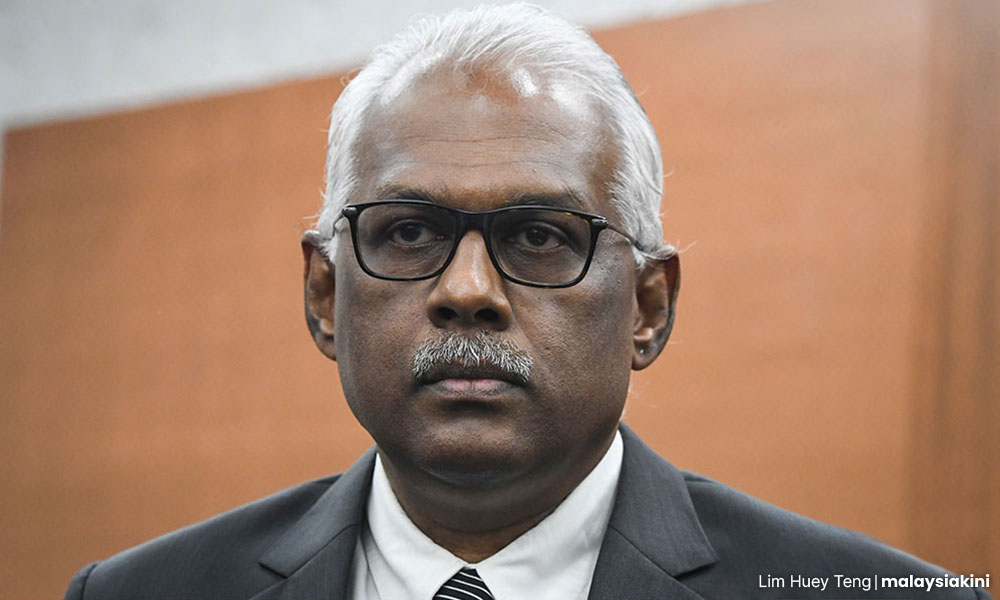The Malaysian Trade Union Congress has warned that Malaysia risks facing the impact of international trade sanctions next year should the government fail to address issues related to migrant workers left without jobs months after their arrival here.
Its secretary-general Kamarul Baharin Mansor said that such cases, including the latest incident involving 171 migrant workers from Bangladesh under Immigration detention in Johor since Dec 20, are a form of labour trafficking.
“MTUC urges the government to investigate and find all the migrant workers who were promised jobs and arrived in Malaysia but found themselves without employment,” he said in a statement today.

In an immediate response on Monday, Human Resources Minister Steven Sim promised further investigations would be conducted this week on the agency responsible.
“There is a possibility of Malaysia being downgraded to Tier 3 in the (US State Department Trafficking in Persons) report next year if this issue is not managed well,” said Kamarul Baharin.
The annual report released in June saw Malaysia moving up from Tier 3 to be placed in the Tier 2 watchlist. The criticisms include that the government did not meet the minimum standards for the prosecution of labour traffickers in the palm oil and disposable glove manufacturing industry.
Within the United States, allegations of forced labour made against a company could prompt an investigation by the Customs and Border Protection (CBP) on goods manufactured for export into the country.
This could then lead to the issuance of a unilateral sanction or import ban against products manufactured by the company until the allegations have been resolved.
Commenting further, Kamarul Baharin said there continue to be agents and companies profiting from the business of migrant worker recruitment.
"MTUC urges MACC to investigate the root cause (of jobless migrant workers) starting from the labour agencies, government officials in charge of approvals and companies hiring migrant workers.
“Confiscation of assets and imprisonment must be enforced to serve as a warning that forced labour can damage Malaysia’s reputation,” he stressed.
‘Blacklist errant agents, companies’
When contacted, Kamarul Baharin told Malaysiakini the government could also consider blacklisting agents and companies found to be involved in forced labour activities.
"Make sure the company directors are prevented from being involved in any form of businesses,” he said, referring to a practice where individuals can cover up their past labour transgressions under the name of a new company.
Meanwhile, former Klang MP Charles Santiago noted that Prime Minister Anwar Ibrahim should initiate drastic actions, including potentially isolating the migrant workers recruitment system - now under the purview of the Home Ministry.

“Currently, the entire system is broken, and so any recommendation to move it into either one ministry would not work.
“The prime minister should initiate transferring the process to be under the Prime Minister’s Department, maybe for a year or more, while other reforms are put in place,” he told Malaysiakini today.
Aside from the Home Ministry, which is in charge of approving hiring quotas, the Human Resources Ministry through the Labour Department is in charge of workers’ welfare here.
Charles noted recommendations made by the Independent Committee on the Management of Foreign Workers - set up under the first Pakatan Harapan administration in 2018 but its findings were only made public in October this year - are now “potentially redundant” with newer tactics adopted by perpetrators of forced labour.
Among others, he cited Malaysiakini’s reports which uncovered various means that led to Bangladeshi workers being trapped in a cycle of debt bondage here.
The 11-member committee led by former Court of Appeals judge Mohd Hishamuddin Yunus, among others, recommended that the Human Resources Ministry be the single authority to formulate and implement policies that govern the management of foreign workers in the country. - Mkini




No comments:
Post a Comment
Note: Only a member of this blog may post a comment.